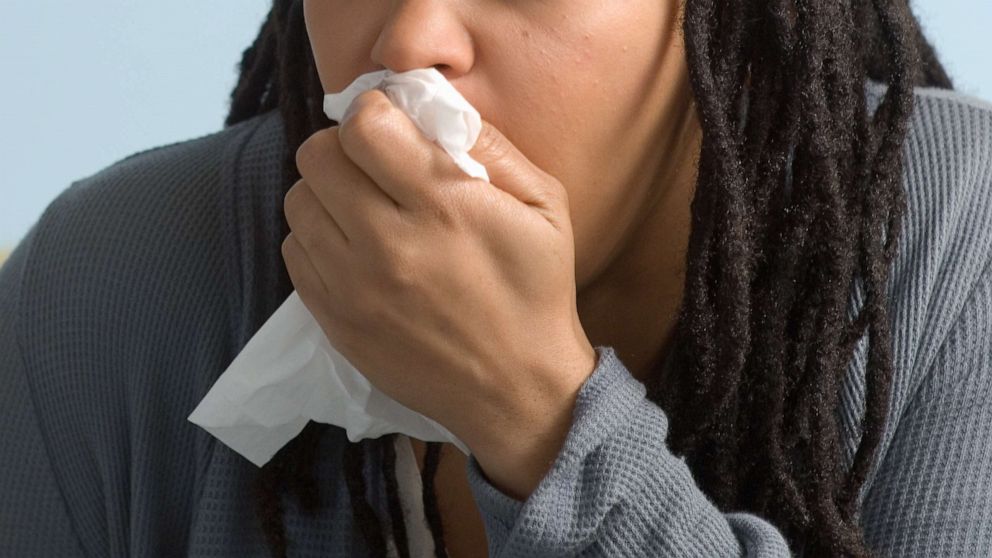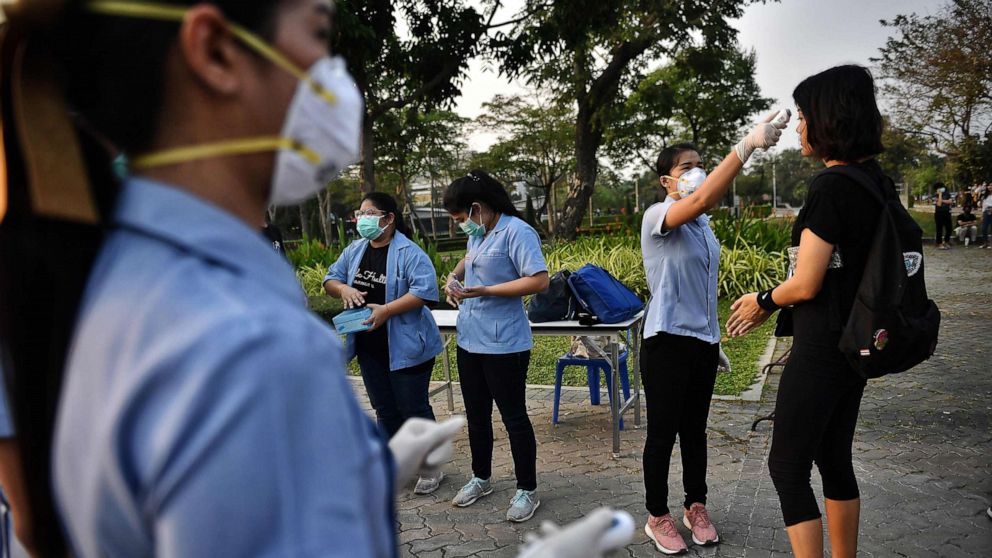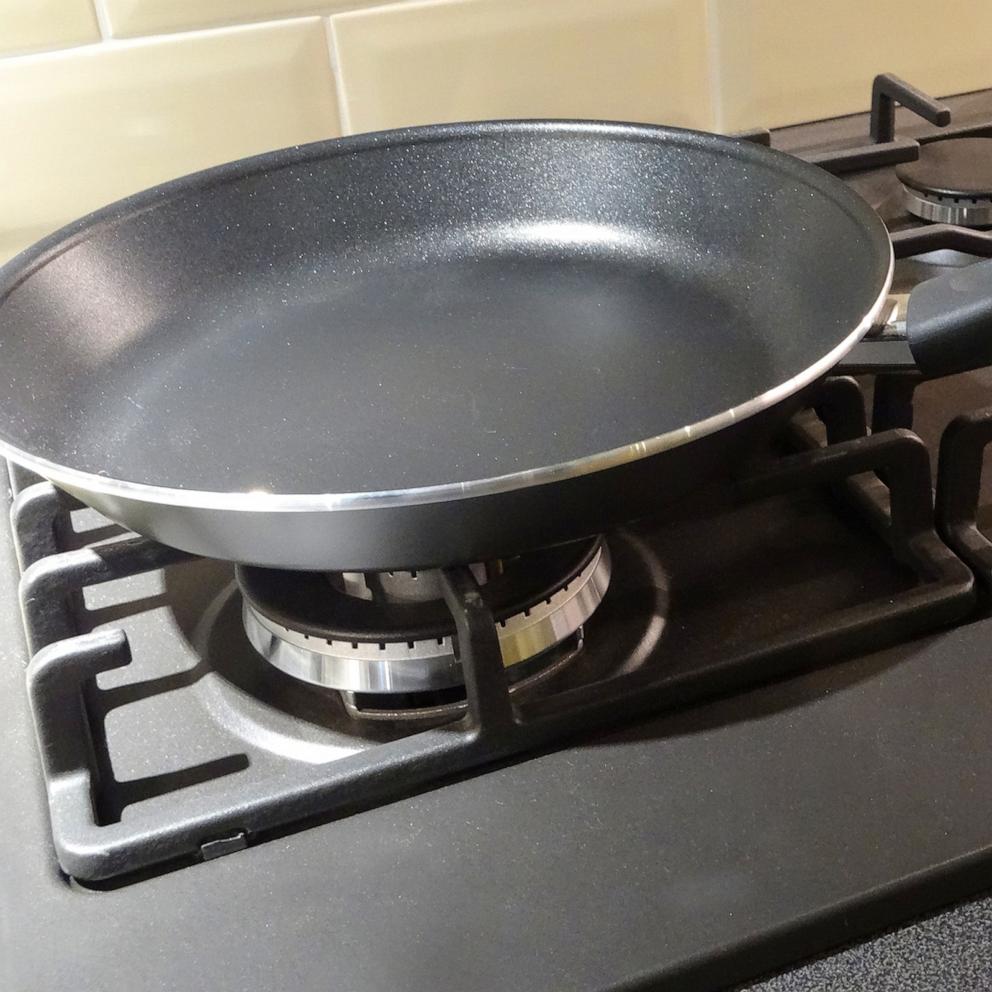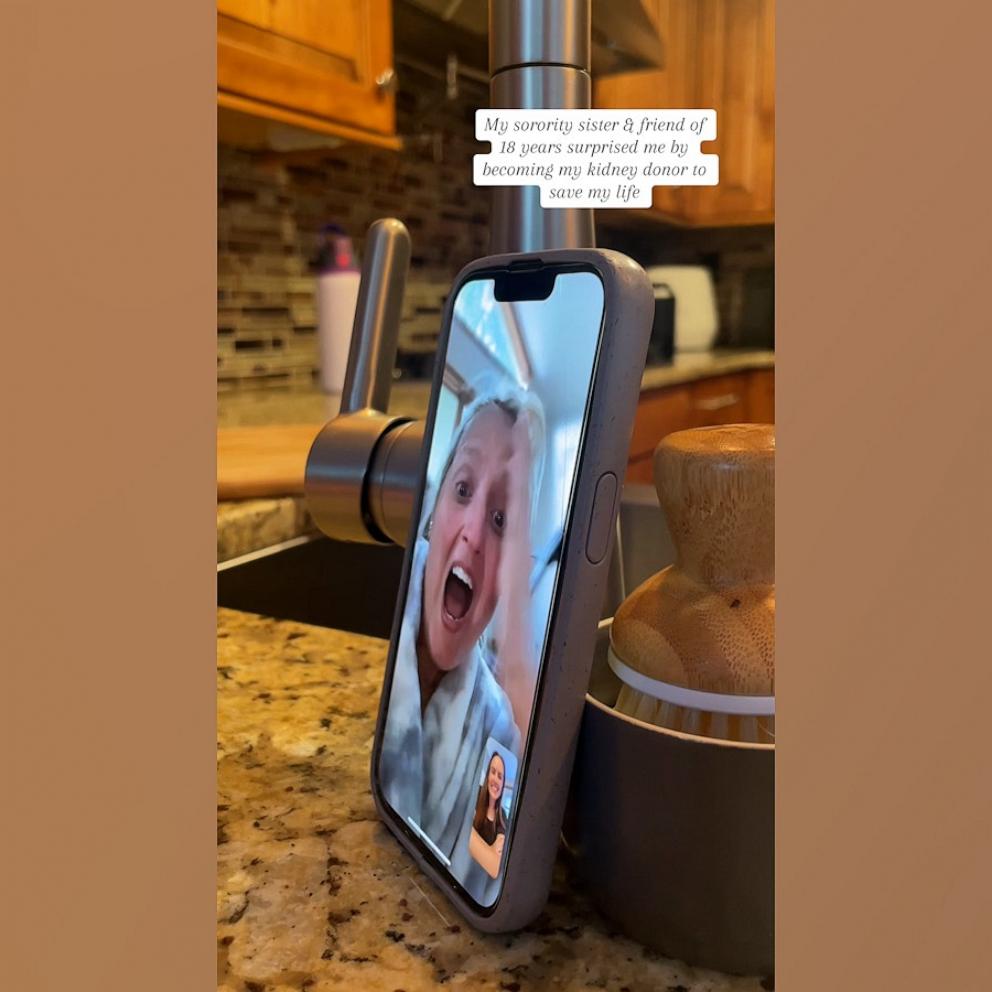What to do if you think you have coronavirus symptoms
As more people across the United States test positive for the novel coronavirus, or COVID-19, it's important to know what to do if you think you have the virus.
If you develop mild flu-like symptoms, call your doctor or your local health department and mention why you think you may have COVID-19, said Dr. Jennifer Ashton, ABC News’ chief medical correspondent.

Your doctor can work with the state and the Centers for Disease Control and Prevention (CDC) to decide if you should be tested.
It's important to call your doctor and not just go into a doctor's office without an appointment, the CDC said. That's because it'll give your health care provider the ability to keep other people there from being exposed.
You should get help immediately if you have trouble breathing, persistent chest pain or pressure, new confusion or bluish lips or face, according to the CDC.
If you are mildly sick with COVID-19 symptoms you can isolate at home, the CDC said. It's important to wear a mask at home and separate yourself from the others who live there.
Always cover your mouth and nose with a tissue when you cough, sneeze or blow your nose and then immediately wash your hands with soap and water for at least 20 seconds, the CDC said. Make sure to clean "high-touch" surfaces daily, like counters, computers, phones, toilets and doorknobs, the CDC advises.
Those with COVID-19 who are isolating at home can leave the house once they have accomplished these three things: at least one week has passed since symptoms started; symptoms have improved; no fever for at least three days without medicine that reduces fevers, the CDC said.
If you tested positive for COVID-19, you can leave home after these three things have happened: you no longer have a fever without medicine that reduces fevers; other symptoms improved; you received two negative tests in a row 24 hours apart.




